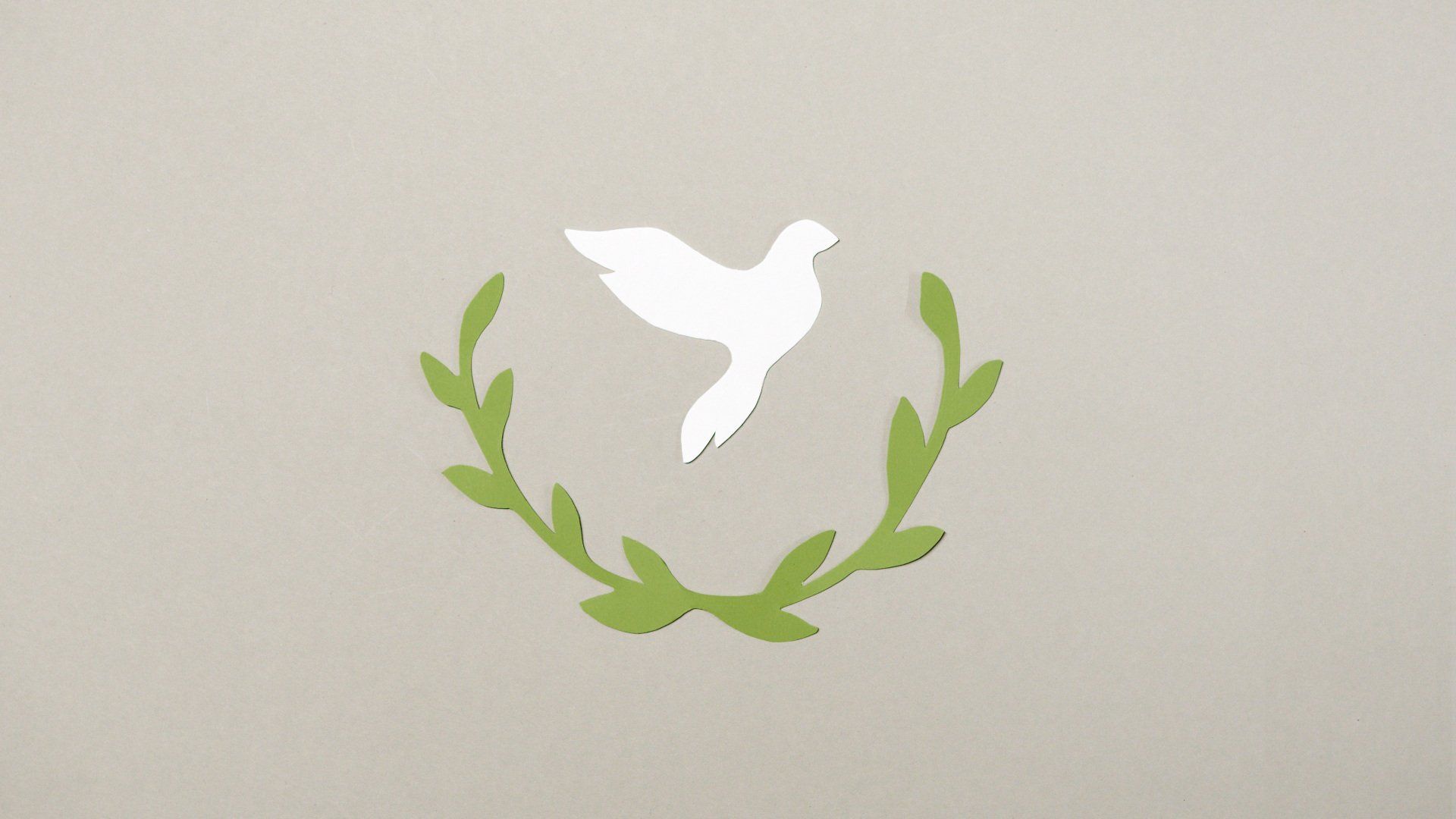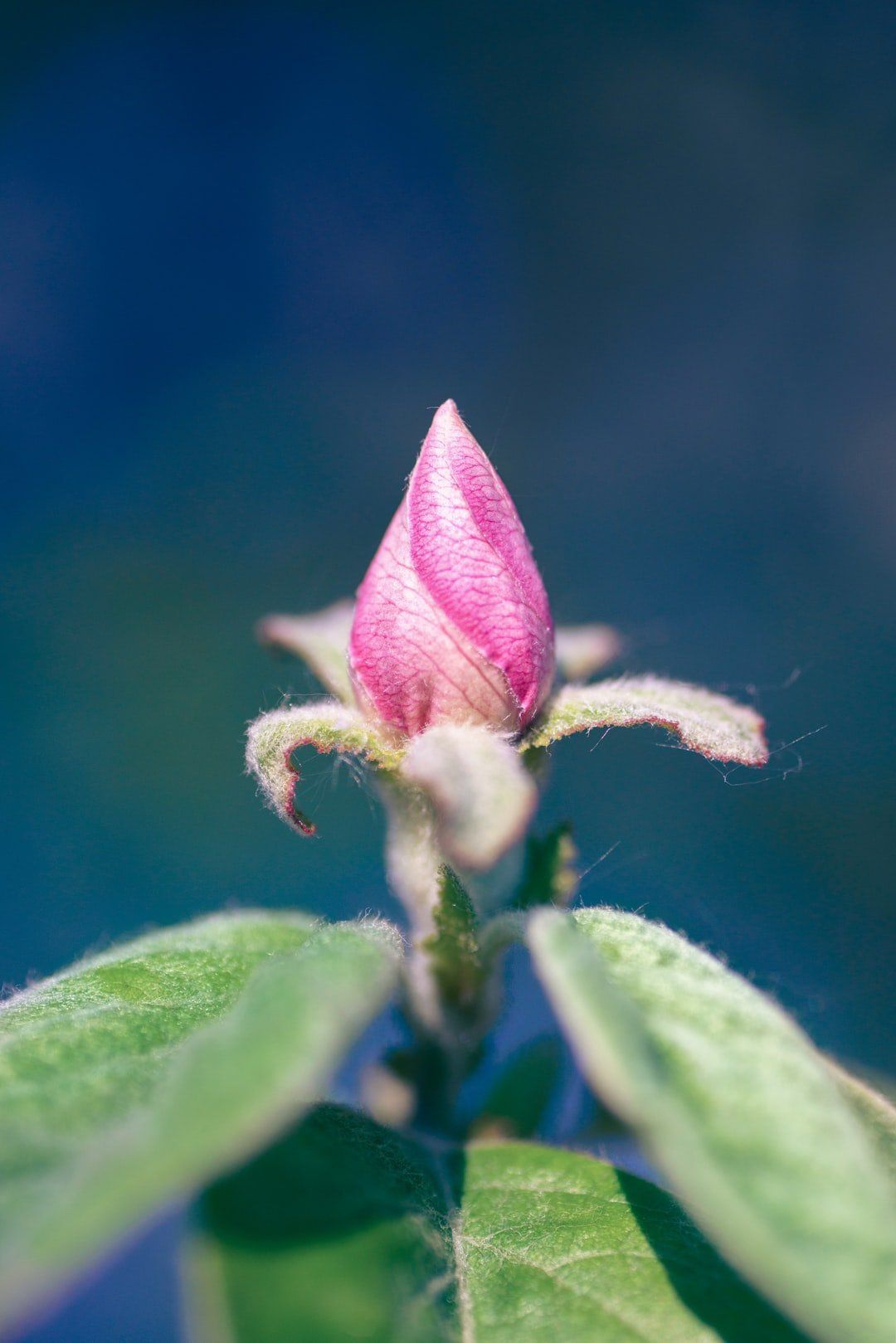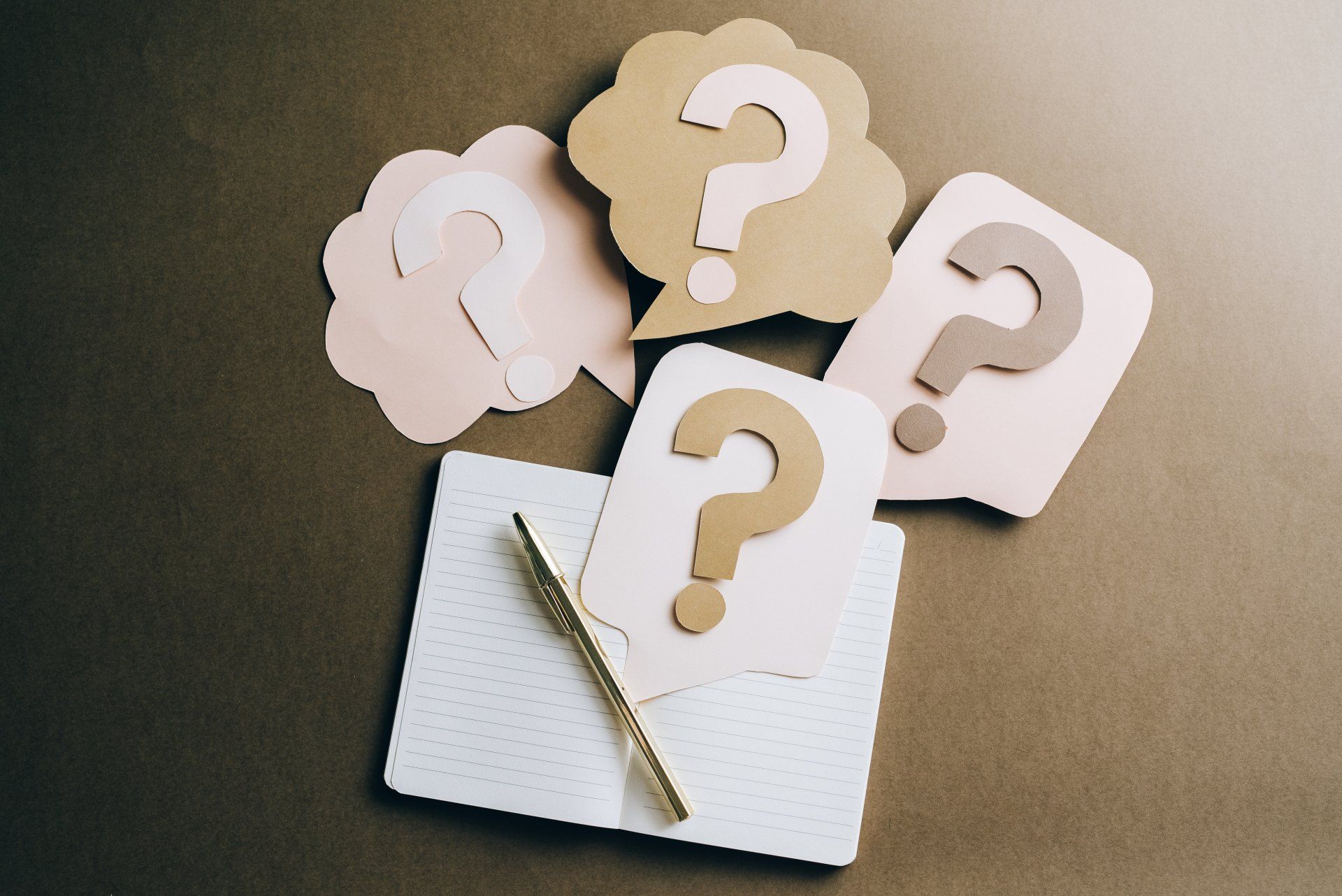Blog
Blog

By barbara bates
•
19 Jan, 2024
Dr Iain has impressive and impeccable credentials; whilst a literary scholar at Oxford University, he wrote a book called ‘Against Criticism’ in which he includes the experience that both I and my husband had when we were taking English Literature ourselves. That is, that the teaching focused on the form, context and structure of the work, rather than on its meaning and on the experience it evoked in the reader. This dissatisfaction eventually led him out of literary studies into medicine and psychiatry, where he became especially interested in the fact that the human brain (and that of most other mammals at least), is divided into two halves; the left hemisphere (LH) and the right hemisphere (RH). He examined this phenomenon in the most overwhelming detail, with hundreds of references to scientific papers, in the book ‘The Master and his Emissary: the divided brain and the making of the Western world’ . Why is the human brain (and that of almost every other creature) divided into two halves? A starting point is how each side pays attention. Imagine you are a little bird pecking for seed on the ground; whilst you need to pay focussed attention to what's going into your beak, you also need another kind of attention, more general and background, to notice the predator who is intent on having you for lunch. The former is the tendency of the LH, the latter that of the RH. He then relates these different kinds of paying attention to the habits of thinking and assumptions by which the West tends to live now, suggesting that we have gone too far over to the LH tendency of reductionism and mechanistic thinking, forgetting the wider, more balanced view of the right. In his more recent, even more dense and enormous book, the one I am recommending, ‘ The Matter with things; our brains, our delusions and the unmaking of the world’ , he takes this work further, providing a detailed analysis of our current psychological, social, political, environmental and spiritual state in the West, based on rigorous scientific research, across neuroscience, psychiatry, philosophy, physics, and spirituality in its widest sense. The LH and RH tend to deploy different kinds of attention; like the birds pecking for seed amongst all the other tiny things it would not want to eat, the LH has focussed, narrow attention. It looks for what is useful; what can be manipulated and controlled. It provides a representation of reality (whatever that is) such that we can survive within it, take it apart to see how it works and create machines of our own. Studies where one hemisphere is temporarily suppressed reveal strange characteristics; if asked a question to which it does not know the answer, the LH will not admit this but make up an explanation, however bizarre it might seem. It is narcissistic, self-centred and self-referential; almost a hall of mirrors. To work properly it needs to co-operate with the RH, which takes experience in directly, intuits the whole, and tolerates ambiguity and paradox. The RH is supposed to be the Master, whilst the LH is the Emissary. But, as in the old story, where the Master sends out his Emissary to the far reaches of his domain to oversee it and report back, the Emissary has forgotten his place and tried to take over. As the Amazon review says, ‘despite its inferior grasp of reality, the left hemisphere is increasingly taking precedence in the modern world, with potentially disastrous consequences.’ Reductionism, materialism and ‘nothing buttery’ The prevailing world view of ‘the West’ in the last few hundred years has tended towards materialism; there is nothing in the universe but inert matter; to see how it works we can take it apart, breaking it into its smallest components and look; there is nothing in the universe beyond matter. Religion is an empty fable and we ourselves are of no enduring significance. We are ‘nothing but’ a few kilos of mostly carbon, water and a few other elements. Love is nothing but the action of hormones on our physical bodies. The Earth is nothing but a lump of rock spinning in an infinite void. I do not believe this. I never did; but being very short of any religious and spiritual guidance in my younger days I didn’t know how to answer in the language of my culture. Now, with this work, I have some idea how. I have read the two latest books linked above; that is, I have exposed my eyes to the print at least once…and I am hugely relieved that someone has done the work that I couldn’t do. A few insights To understand it all, you have to read the book, more times than I have done so far! But here are a few things that stood out for me, and I give the merest amateur outlines, · The sense of the sacred – this is the title of the last chapter in ‘ The Matter with things; our brains, our delusions and the unmaking of the world’ . Bear in mind that this is a scientific and philosophical inquiry, not an overtly ‘spiritual’ book. Dr Iain’s publishers and colleagues begged him not to write such a chapter. You will lose all credibility, they said. You will undermine your scientific credentials and respectability, they said. Happily, he did it anyway, and he reports that it was the most difficult piece of writing he ever did, yet perhaps the most satisfactory. His inquiries lead him to the point that the spiritual traditions have always known, for example ‘by love He can be caught, but by thinking never [1] ’. We are not separate from Nature, but intimately joined to it, in co-creation, always drawn towards what we can intuit but never understand and grasp, ‘something outside our conceptual grasp but nonetheless present to us through intimations that come to us from a whole range of experiences we can “spiritual”’ [2] . The Eastern Orthodox apophatic traditions understands this very well. It is probably a good idea to read this last chapter first, for all its exciting conclusions, and then refer back if you want to know how he arrived at them. · He examines ‘consciousness’. Such a study would fill libraries; the crucial question is, although we can to some extent map the physical properties of the brain, measure neurotransmitters and hormones, describe different kinds of neurones and so on, we cannot get from these observations to an explanation of how this fairly small blob of pinky goo between our ears can result in the rich experience of consciousness, aliveness and sheer awe that we all know. One image I find very telling is this; he compares a TV set to the brain, suggesting that to an observer from another planet, just as you could not tell by looking if the TV set Emitted the programmes, or Transmitted them or Permitted them, so he argues that the brain does not so much Emit consciousness as Permit it. It’s as if consciousness is ‘out there’, a fundamental property of the universe itself. I find this very exciting – especially when said by a scientist. · He goes on to suggest that Values, even Love, are also fundamental; that Truth is ‘not a human invention’. [3] · The title – The Matter with Things – contains a number of puns and paradoxes. When we say, there’s something the matter, we generally mean, there’s something wrong. Dr Iain does mean this; there is a lot wrong with the way we are attending to the world and this is leading to environmental catastrophe. But there is more; he goes into the discussion of what Matter actually is, and concurs, of course, with the physics of the last hundred years or so, that it is largely empty space, and concludes that relationships are more fundamental that what we think of as Things. He quotes a biophysicist Don Mikulecky, ‘”…it isn’t the atoms and molecules that are at the hard core of reality; it is the relations between them and the relations between them and things we call processes which are at the core of the real world [4] .’” This brings to mind for me the perichoresis, the dance, at the heart of the Trinity. · So, we need to see Things differently – not as solid fixed items but processes of different speeds and time scales. Compare a wave on the ocean, which to us appears very quick, with a rolling landscape, that changes like a wave but over far longer, geological timespans. Conclusion Fundamentally, this is a comprehensive rebuttal of reductive materialism written in language that the West itself invented. I have not read the Summa Theologica of St Thomas Aquinas, but I understand that it is a thirteenth century synthesis of all theology, at a time when science and religion had not yet developed the spurious opposition that has been dreamed up in the last few hundred years. Dr Iain’s work seems to me a modern synthesis that can point the way out of a number of terrible dilemmas and impoverished ways of being that our civilisation has fallen into. It’s a challenging read but I think it’s of crucial importance. I end with his own words, from his equally comprehensive website , …I search out what it is we have lost sight of, all that is there for us to see, if only we were not blinded to it: an inexhaustibly, truly wondrous, creative, living universe, not a meaningless, moribund mechanism. By bringing to bear up-to-the-minute neuropsychology, physics and philosophy, I show not only that these are in no way in conflict with one another, but that they all lead us, time and again, to the same insights. And that this is not in opposition to, but rather corroborates, the wisdom of the great spiritual traditions across the world. All this converges on a vision that is necessary if we are to survive; and, even more importantly, if we are to deserve to survive. What I hope for my readers is that, if they are willing to accompany me on this adventure, they will never see the world in quite the same way again. [1] ‘The Cloud of Unknowing’ [2] P 1846 [3] P1729 [4] P1541

By barbara bates
•
10 Apr, 2023
L for Love In English we have only one word for this; but in Greek there were at least four. So when we use the word in English we are thinking about several different things. Would you agree that these are different sorts of loves? I love cats I love doing jigsaws I love my children I love my spouse I love God I love Star Trek Greek had all this sorted out centuries ago. There are at least four words for our one word of Love, Storge Philia Eros Agape C S Lewis, in his wonderful book 'The Four Loves', describes them in detail; in brief, Storge is the love we have towards familiar people, and perhaps best understood as Affection. It's not intense but comfortable, like an old pair of slippers. Philia is the love we feel for our friends, that we have chosen, and this can be very deep. Next up is Eros, often thought of only as sexual or romantic love, but can also be seen as the urge to life itself, striving to grow and develop; then, greatest of all, Agape or unconditional, love that 'looks on tempests and is never shaken...Love alters not with [Time's] brief hours and weeks, But bears it out even to the edge of doom...'(Shakespeare Sonnet 116). Why does all this matter? Because it seems to me, and even to many management theorists these days, that the most important aspect of life is how well we have loved. Our relationships, at whatever level, can be our greatest joy or our greatest stumbling block. This matters at work as well - after all we do spend a lot of time there. What do you think? Then we have L for Letting Go... This partly relates to what I've said previously about Forgiveness; and it's useful in other contexts too. In the pandemic we faced loss, uncertainty, anxiety, vulnerability and a lack of control. When we really think about it perhaps we see that in fact we do not have very much control at all about what happens in our lives. Sudden illness strikes. Terrorist attack. Cars crash. And everything changes in an instant. At such times we see that our illusion of control is just that, an illusion, although a 'very persistent one'. It's tempting and even normal to grieve for what we had, say Before Covid, but sooner or later we have to 'let go' into the new situation so that we are open to that, and to what it may bring us. I'm realising this myself these days, not so much because of Covid, but because of a serious family illness that we are now living with, up close, every day. I keep in mind what Viktor Frankl famously said; everything can be taken from a person except their freedom to choose their response. What would be a good choice for you today?

By barbara bates
•
10 Apr, 2023
K for Knowledge - There's a whole science and philosophy of what knowledge really is, how we know we've got it, how reliable it is and what kinds of knowledge there are. It's a huge subject to cover properly and I would need a lifetime to do that. So I'm just going to make a couple of points that I hope will be helpful to you in your life and work. First, it seems there are different kinds of knowledge. There's factual, mostly scientific knowledge where scientists agree that, for example, there are ten planets in our solar system, the human body is mostly made of water and the coronavirus vaccination does not enable Bill Gates to control you from a distance. This kind of knowledge is reliable (until science finds something better and more accurate, and then they report it). 'Alternative' facts, on the other hand, are simply not true. Much of what goes around on social media is in this category and is best ignored. There are other kinds of knowledge too. For example, how do you know if you love someone? I don't suppose you make a list of things that suggest you do, and things that suggest you don't? Rather, isn't this something you just know, in your heart? English has only one word for these two different sorts of knowing, and maybe other languages do it better. So we've got at least factual knowledge and heart knowledge. What might go wrong if we were to mix them up, do you think? Then we have Knitting. I sort of retired a couple of years ago - that is, I don't now do salaried work, only coaching for private clients, which I like doing. So when I retired, I said to my friends, I'm not just going to sit around knitting, you know! But then I thought about it and I realise that actually, knitting is very good for you! It can be very restful in that it's something to do with your hands (so we are less likely to smoke or eat!); if you are any good at it you might get at least a scarf out of it; and knitting patterns certainly make your brain work. There's more! Can you believe that's there's a whole 'thing' about knitting anatomically correct models of the brain, neurons and so on? This link tells you more. You can even download a whole book of knitting patterns to make crafty models. Apparently people get together to have neural knit-ins - anybody fancy that? So actually, yes, I do sit around knitting, at least for part of the time!

By barbara bates
•
07 Jun, 2022
A little while back I said a bit about Happiness, and I think Joy could be part of that. Even when there is difficulty, as we all know all too well in these times, moments of Joy are possible if we look for them. Sometimes, as C.S.Lewis recounts in his autobiography, ‘ Surprised by Joy ’ it can find you. Joy is kin to Gratitude, Hope, Mindfulness and more, and it’s good to remember such moments. This morning I felt OverJoyed to hear of a young couple’s new twins arriving safely, bringing new life and hope. And the flowers bursting through every possible crack in the rock garden I’m looking at just now. In what small thing can you too find Joy, here, now? And hold the memory?

By barbara bates
•
07 Jun, 2022
There’s a lot of this about, especially at the moment. Normal life, whatever that ever was, has been dramatically interrupted these days for a whole host of reasons, and we all get things in daily life that hold us up. For example I’ve been without my laptop for nearly two weeks while it’s being repaired and I can’t believe how much I can’t get at and do. Then there are the people who say, Can you just...and you still don’t get stuff done! But there is a deeper sort of interruption that I’m thinking about today - the sort that goes on in so many conversations, where we are dying to say our bit if only the other person would stop talking! Finally we can’t stand it and we leap in with ‘But...’ This of course is not nice for the person being interrupted. In fact it’s worse than that - it stifles their thought. If we all decided that for just one day, we would not interrupt, not speaking until we are sure the other person has finished, I am sure that peace would abound! Coaches don’t do interruption. We give a space where you can do your thinking and we won’t be afraid to leave enough silence for you to do it. This is so important that Nancy Kline wrote a whole book on it.

By barbara bates
•
07 Jun, 2022
H for Happiness Are you happy? I wonder if this is a question we often stop to consider, in the busy-ness of daily life. If we did, what would be the markers of happiness? What is it, and how do we know we've got it? Is it just a sense of well-being and general satisfaction, or is there more to it than this 'subjective well-being'? You won't be surprised to hear that researchers have looked at this too. One very well-regarded writer in this field is Sonja Lyubomirsky, and she takes the idea of Happiness further to include a sense of purpose, describing it as 'the experience of joy, contentment, or positive well-being, combined with a sense that one’s life is good, meaningful, and worthwhile'. In her book, The How of Happiness , she gives twelve Happiness Strategies that really work. Here's the first three, Express gratitude Cultivate optimism Avoid overthinking and social comparison. You can see the rest in her book at the link above. Which one appeals to you? H for Helping Carrying on from my comments before about Giving and Receiving, I wanted to extend that context a bit into the general area of Helping as a whole, of which it's part. It's been wonderful to see how much 'helping' has been going on in the UK over the last year, in the most difficult of times. By the end of March 2020, over 700,000 people had already volunteered to help the NHS in different ways, and I find that so heart-warming and encouraging. Then there are lots of small local groups that have organised and risen to the challenge. We've had Captain Tom and many others raising funds to help the NHS - which is ultimately helping people, all of us - and on our local news we have a daily 'Shout-Out' to thank people who've gone the extra mile to help someone. You could say Helping is an extension of Kindness, and it really does circulate good will and well-being, linking the giver and the receiver of 'help' in a wonderful virtuous circle What's not to like? Even more, what's one thing you could do to help today - in whatever area you feel called to act? H for Hope I'm sure you've heard of the seven deadly sins - but did you know there are also three theological virtues? Hope is so important that it's one of them! And it turns out that Hope is really important for well-being too. If we have no hope we soon fall into despair and apathy, and who wants to be down there? It's clearly similar to Optimism, which is one of Sonja Lyubomirsky's Happiness Strategies, as above, and it is possible to cultivate it by deliberate practice. In these times of pandemic, war, climate change, floods and I don't know what else, it's worth putting some effort into checking our pessimistic tendencies. It's much more motivating to be optimistic as it gives you a sense of control, however small that might feel. A good exercise to do is to imagine how your life can be in the future, when everything's turned out all right. When you really step into that vision it can become a compelling image drawing you forward and making it more likely to happen. What do you really really hope for? And what's one thing you can do now to help it along?

By barbara bates
•
12 Apr, 2022
As I think about the terrible devastation wrought upon our climate, the natural habitats of the Earth and the catastrophic decline in so many species, I, like so many, wonder what ‘on Earth’ I can do to make any difference. At first I thought that I was too small and insignificant to make any difference. What can just one person do? I am an ordinary woman with a privileged Western lifestyle that I probably don’t even notice until it’s threatened. Isn’t it the extraordinary, heroic, unusual people that step up and do amazing things? Now I’m beginning to think differently about this and about many related issues. I’ve become interested in the idea of Systems – how things are connected together and how they influence each other. And there are two aspects of this idea that especially excite me. One is that Systems occur at all levels of scale, from the swirling spiral galaxies, through planetary systems, social systems, families, the internal workings of the human body, the interactions of plants and animals in an ecosystem (that word again) right down to the molecular level and beyond. Whatever scale you look at, you find an organised system. It seems that Reality, whatever that is, is in one of its expressions, fractal – ‘the same’ kinds of patterns repeating with tiny variations on every scale. This is well illustrated by the remarkable animations we can see of the Mandelbrot Set – a mathematical entity generated by a simple repeating equation, now made visible by our modern computing power. Here’s a good example – but hold onto your chair! https://youtu.be/0jGaio87u3A The second thought that excites me is that although we do see systems at every scale, when a system reaches a certain level of complexity there is a tipping point, and new characteristics emerge that could not be predicted from examining the parts that made it up. Perhaps the human body is a good example of this – we can measure the amount of simple substances in the body and even stack them all up together, so much water, so much iron, some potassium, sodium, a dash of chromium and lots of other elements. Yet it is the relationships between them in the living body that gives the miracle of a human being, with all its life, creativity and unexpectedness. So coming back to the thought of how can I, as a tiny individual, make any difference? Now that I appreciate how connected all things are, I feel a kind of equality – I am part of this grand system just as much as any star or microbe, and I do affect it. It’s simply true that everything I do , or don’t do, is ‘noted’. So it matters what I think, what I do, and I don’t need to know the measure of it. There is a sort of ‘surrender’ here, in the sense that the spiritual traditions understand this word; not as a giving up in a kind of despair and not caring what happens, but more a sense of giving to – an agreement that my energies may take their place in the unfolding of this great system of life on earth. In my own tradition this feels like ‘Thy Kingdom Come’, and perhaps a Buddhist would say something like, ‘May all beings be happy’. This is a different feeling to getting out there and FIXING things. Certainly in terms of climate we do need to do things differently but there is a risk that this becomes mere mitigation – tweaking the system we are already in and thus perpetuating and protecting it. This kind of change within the current system is certainly essential – necessary, but not, I feel, sufficient. Is there a sense in which we can surrender to an emerging level of complexity that’s really different? This may seem very vague talk, and it’s true, I don’t know where this is leading; but I was reassured to read about Theory U from the Presencing Institute, where the first stage is ‘holding the space’ and listening to what you are being called to do. In that space we do not know, and do not have to know. It feels to me that what’s required is to be open to what is emerging, and then to do what seems right within it.

By barbara bates
•
09 Jul, 2021
G for Gratitude Bad things have been happening in 2020 and 2021, and this can be very, very hard. In such times it's tempting to focus on what's gone wrong, what's difficult and what we're struggling with. Yet there is a huge body of research that tells us that even in the midst of difficulty, we can be thankful and grateful for the many good things that are still there, and that this orientation towards gratitude is good for us. Here's just one reference , with twenty pages of further sources. I'm not suggesting you read it all, just that this is a robust observation! We can be grateful for even very small things too - the robin I can see in the tree outside, the excellent coffee I have just enjoyed, the comfort of good shoes. Can you think of three things that you are grateful for, in the noise of everyday life? G for Giving It may seem paradoxical, but there is much truth in the saying 'it is better to give than to receive'. Certainly it's good to receive, with gratitude, yet giving too is good for you. We enjoy the enjoyment of others as well as our own, and it is good to do caring things for those we are close to. I've been interested to note the growth of what's becoming known as 'the gift economy' where exchange is based on informal gift-giving rather than on exchange of commodities with a defined monetary value. 'The emphasis in a gift exchange is on strengthening the bond between the givers and receivers', as you can read here , and this is part of what helps a community to flourish. Gifts do not have to be 'stuff'; they can be service, or just your time, maybe phoning a person who'd be glad to hear from you. We have seen a lot of giving in our ongoing Covid crisis, and it's most heart-warming. How did you feel about the last gift you gave, or received? What else could you give? G for Good News I know I sometimes watch too much TV news - there's a horrid fascination that almost compels me to keep looking at the latest Covid statistics, and it's very definitely not good for me . We do tend to be drawn to bad news; it's been said that we are like Teflon for good news and Velcro for bad! Perhaps from an evolutionary point of view that was originally to do with helping us survive, but it has its downside. If we know about this bias we can be careful and deliberate in how we access our news. For myself I try to limit myself to two news bulletins a day and I skip the lunchtime news. Another thing that helps is to actively seek good news - and there always is some, just as there's always something to be grateful for. Here's a good place to get some good news, and maybe you can find some more.

By barbara bates
•
11 Jun, 2021
I know this is a tricky one. People do dreadful things to each other and some of them it's hard to imagine how they could possibly be forgiven. Yet there is a lot of evidence showing that when you do forgive, you also release yourself. Here's just one reference out of many, and I could also mention Nelson Mandela, Desmond Tutu in South Africa, Gordon Wilson in Northern Ireland, who all put this into practice with wonderful results. How does this sound to you? Is there something you could perhaps forgive and let go of? F for Friends - Close relationships are essential for our well-being. We have seen this very painfully since March 2020 by the enforced absence of most of the closeness we took for granted. I can't get out of my mind the scenes of older people dying alone and thinking they had been forgotten...it must have hastened the deaths of many. In our society we hear a lot about the importance of the individual, but you could say this is a very modern idea and not widely shared throughout human history. I do believe that each individual is of value in and of themselves - but I'm also emphasising the importance to us all of our close relationships. In lockdown it's easy to just let the days flow by, and I had begun to notice that I might not have called a friend for weeks! So now I make a point of contacting at least one friend every day, and that feels better. Who could you call today? F for Flourishing - this is what Positive Psychology is all about - the study of what human beings actually need in order to thrive. Relationships is certainly one of them, as I've just been saying. Dr Martin Seligmann pioneered this approach and summarises it as PERMA, P for Positive Emotion, E for Engagement, R for Relationships, M for Meaning, and A for Accomplishment Does anything stand out for you from this list, that could use some attention?
Make a start now with my FREE Personal Life Analysis
- use it as many times as you like!
And why not try my Climate Awareness analysis
too and help the planet!
Find me here
This Coaching Business
Based at The Bay Therapy Centre,
21 Trent Boulevard, West Bridgford, Nottingham NG2 5BB
Also at
The Magnolia Therapy Centre
354 Mansfield Rd, Nottingham NG5 2EF
+44 (0)7957 720023
and
Online/Phone

Cookie Policy - please see this document to find out more about how my site works and how I put you in control.
Updated Privacy Policy - please refer
to this document
for full details.
See Legals
page for important details of contract, copyright and disclaimers

